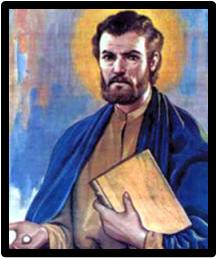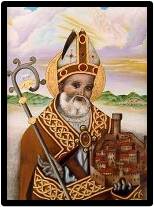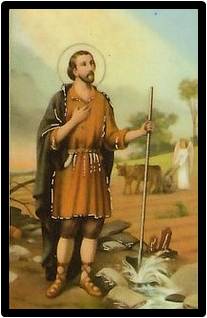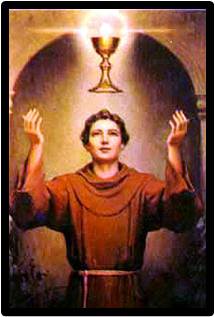MAY 14 - ST. MATTHIAS

St. Matthias had been a follower of Jesus and was one of his seventy-two disciples. After the Lord’s Resurrection, St. Peter asked the 120 people gathered in prayer to choose an apostle to replace Judas. This was very important because that man would be a bishop, as the other apostles were.
He said it should be someone who had been with Jesus from his baptism in the Jordan until the resurrection. The first chapter of the Acts of the Apostles explains that the group proposed two names. One was Matthias, the other, Joseph, called Barsabbas (who was also called Justus).
Both men were very good but they only needed one. So they prayed and asked God to reveal to them who the chosen one was. Then they cast lots and Matthias’ name was chosen.
St. Matthias was a very good apostle. He preached the Good News in Judea. Then he went to Cappadocia (modern-day Turkey), Egypt and Ethiopia. Many people listened to Matthias and believed his wonderful message. The enemies of Jesus grew furious to see how people listened to Matthias. They decided to stop him and stoned him to death in Colchis. Matthias died a martyr for his faith in Jesus.



